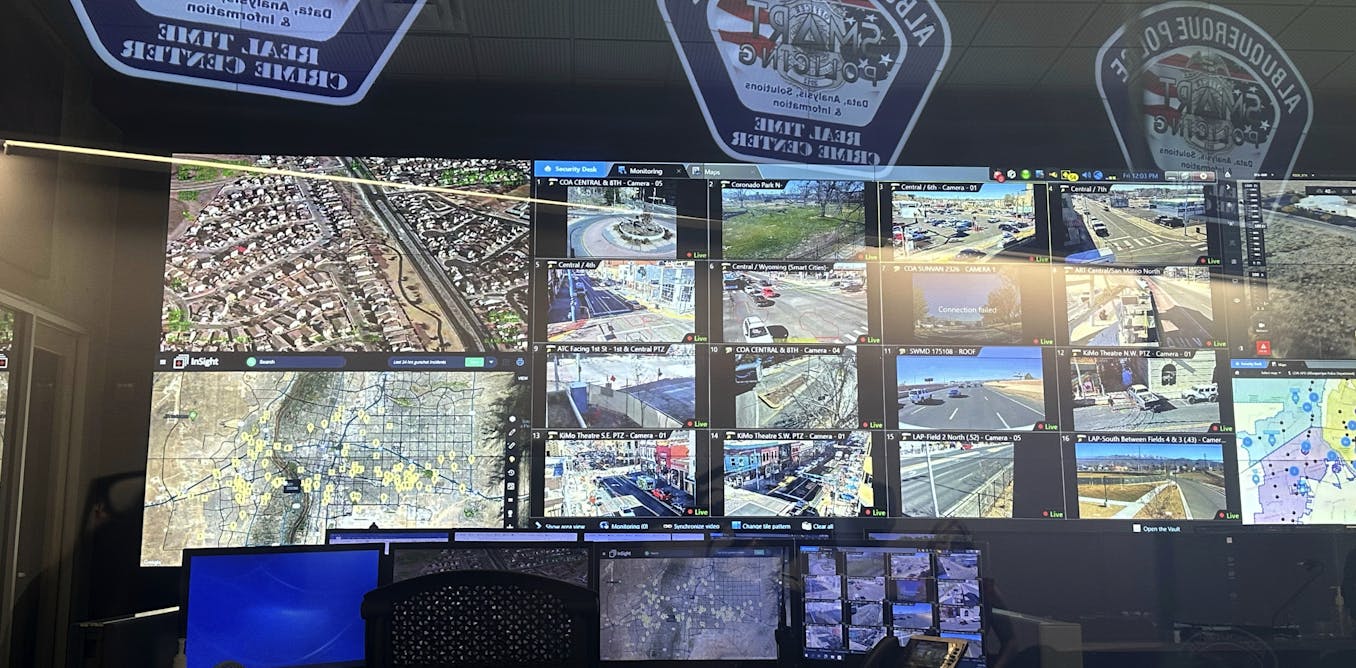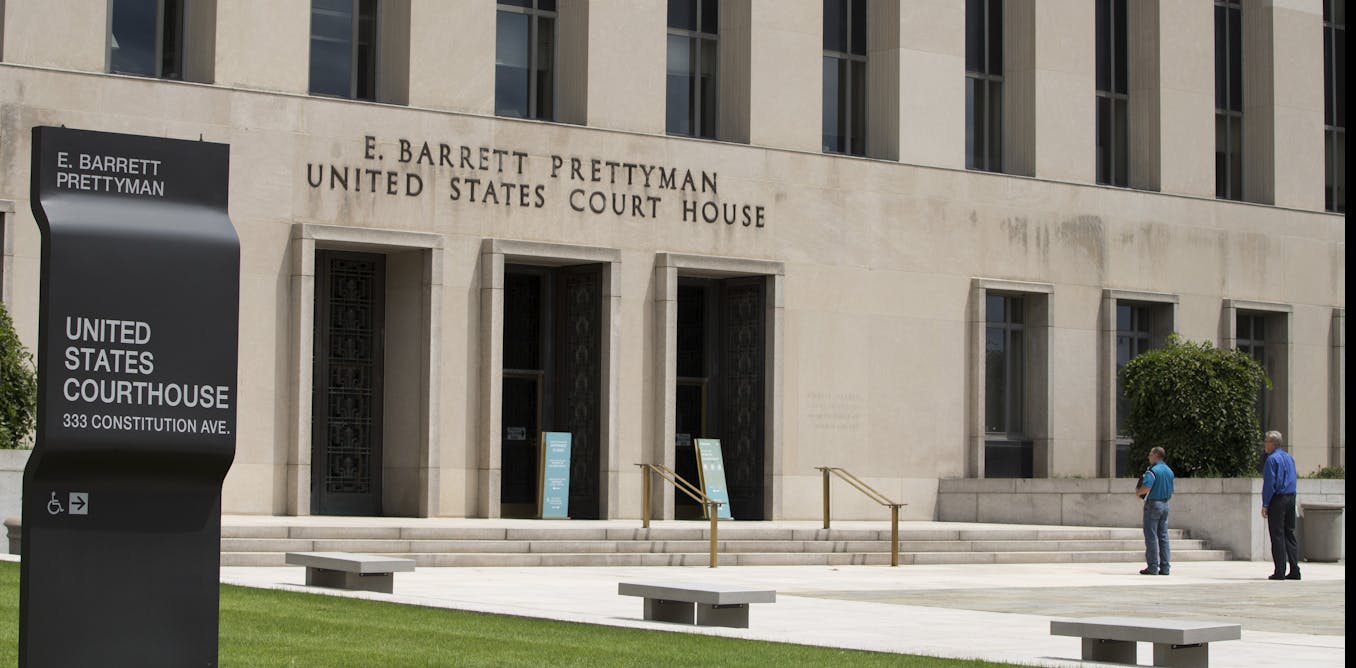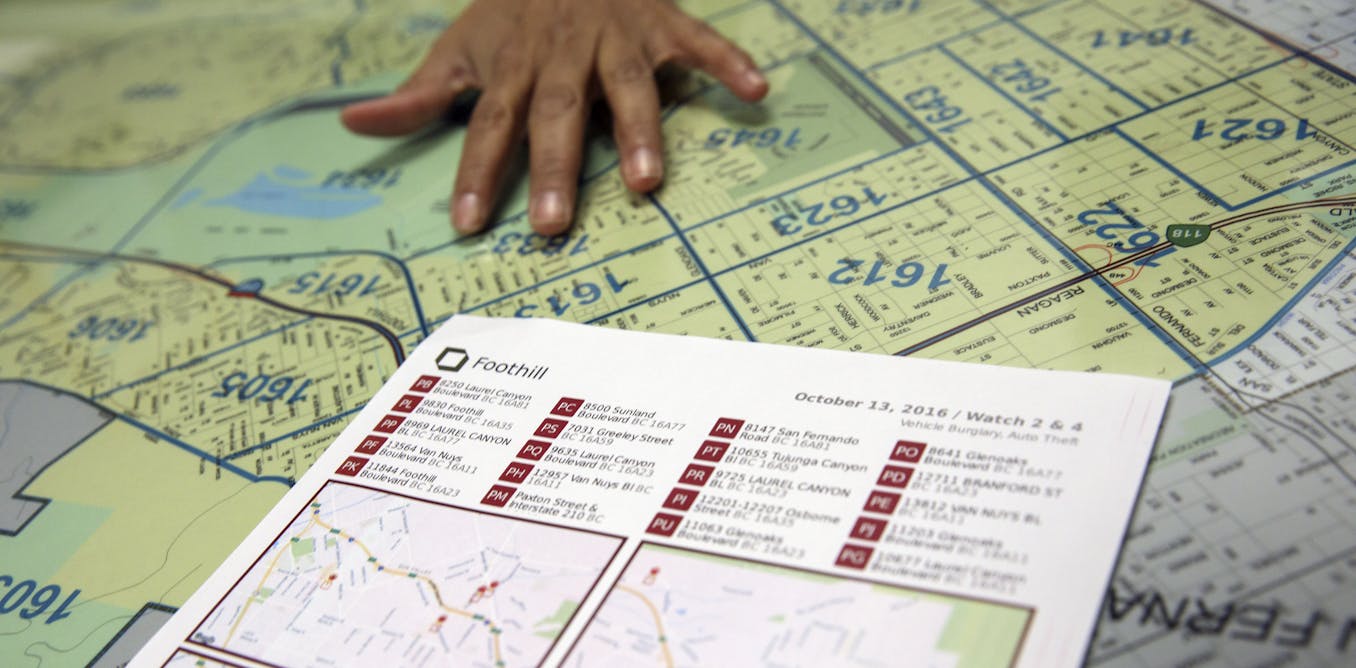Brain monitoring may be the future of work – how it’s used could improve employee performance or worsen discrimination
Neurotechnology raises many high-stakes ethical questions. Setting ground rules could help protect workers and ensure that tasks are adapted to the person, rather than the other way around.
Jan. 7, 2025 • ~7 min
Pagers and walkie-talkies over cellphones – a security expert explains why Hezbollah went low-tech for communications
Smartphones may be indispensable to modern life, but they’re also perfect tools for spying on their owners. Anyone looking to avoid being tracked – like, say, militant groups – tends to ditch them.
Sept. 18, 2024 • ~8 min
China leans into using AI − even as the US leads in developing it
In the AI game, China has bet on strategic use over innovation, tightening its grip domestically and extending its reach internationally.
Aug. 21, 2024 • ~8 min
Real-time crime centers are transforming policing – a criminologist explains how these advanced surveillance systems work
As police departments across the US and the world adopt real-time crime centers, there’s a need for better public understanding of how these centers work.
Aug. 15, 2024 • ~9 min
AI mass surveillance at Paris Olympics – a legal scholar on the security boon and privacy nightmare
France is using experimental AI-enabled surveillance and data collection tools before, during and after the 2024 Summer Olympics. Here’s what that means for the trade-off between security and privacy.
July 17, 2024 • ~10 min
What Philadelphians need to know about the city’s 7,000-camera surveillance system
Police can reconstruct someone’s movements for days or weeks at a time, without any court oversight.
May 24, 2024 • ~7 min
Section 702 foreign surveillance law lives on, but privacy fight continues
Privacy advocates lost out when Congress reauthorized Section 702 of the Foreign Intelligence Surveillance Act without major reforms. But the renewal fight returns in 2 years.
May 9, 2024 • ~8 min
Are private conversations truly private? A cybersecurity expert explains how end-to-end encryption protects you
End-to-end encryption provides strong protection for keeping your communications private, but not every messaging app uses it, and even some of the ones that do don’t have it turned on by default.
March 11, 2024 • ~7 min
DOJ funding pipeline subsidizes questionable big data surveillance technologies
Predictive policing has been a bust. The Department of Justice nurtured the technology from researchers’ minds to corporate production lines and into the hands of police departments.
Feb. 7, 2024 • ~10 min
/
4









